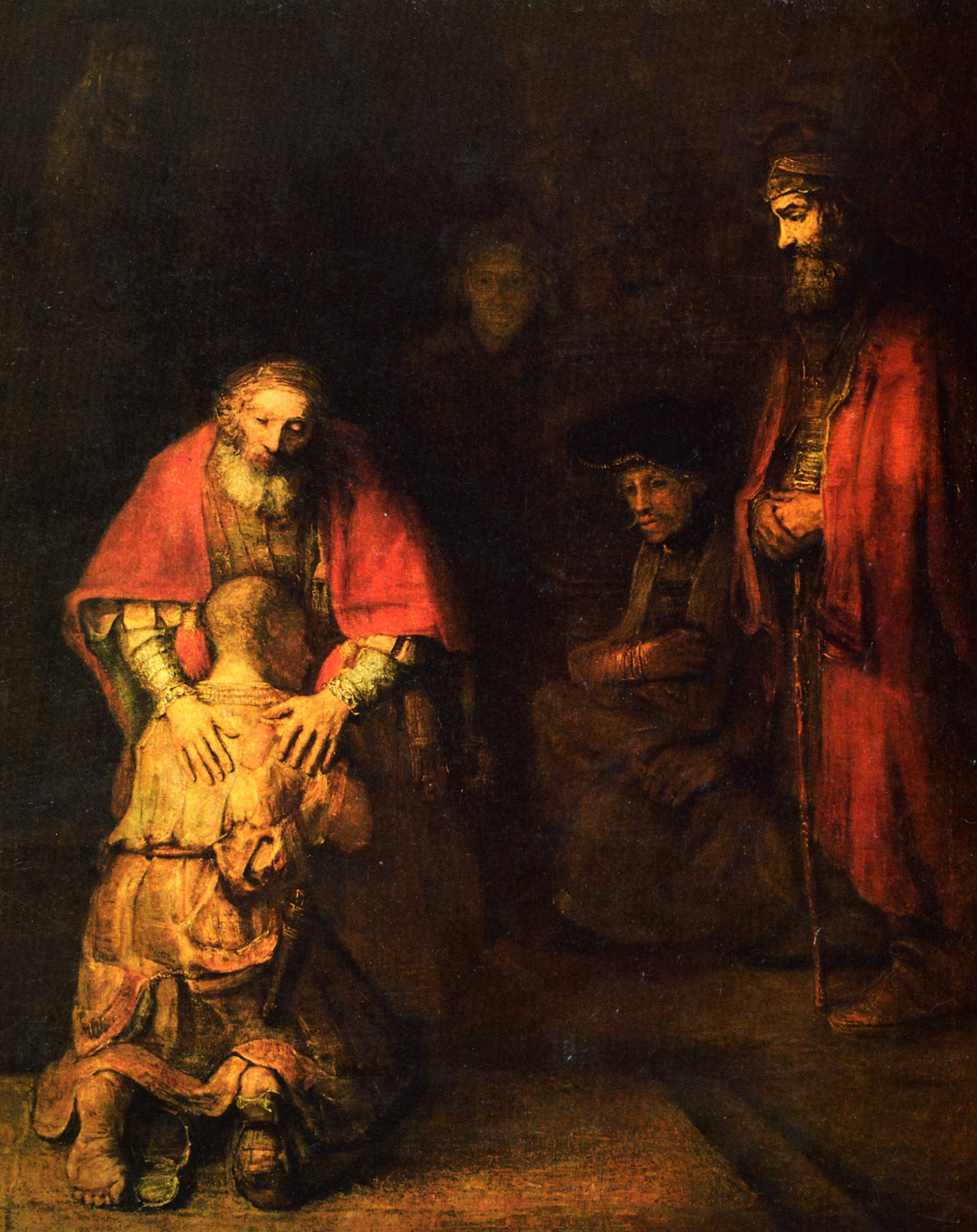When I started out in ministry, I was very headstrong, very sure of myself, and convinced that I was entirely theologically correct. It was obnoxious, I'm sure, for those in
Frankfort, Indiana to whom I was sent to serve. Here I was, 24 years-old, right out of a prestigious seminary at
Duke, I had had all the correct classes with all of the correct professors, and had gotten all of the correct grades. I was sort of the "older son" personified.
One can make the theological statement that I was, indeed, "God's gift to ministry in that time and place." The problem was that, more than I knew at the time, I was thinking in my head and acting out that "I was God's gift to ministry in that time and place." My own mother says I was annoying. My sister would have said I was annoying whether or not this was the case, but she was probably correct in this instance.
I had done ministry "in the laboratory" of a seminary eduction but not in the real world. Even though I had a couple of summer, real-life programs under my belt, I really hadn't been charged with a congregation -- one that was going to hear me preach each and every week and one that I was going to have to lead. Working on a sermon every once in a while sure was different than having to pull one together every week.
One way my theological correctness came through was my desire to "be crucified over every issue." So many things within the life of the church became issues of great concern for me. Now, some would argue that the pastor SHOULD try to have the best worship service possible, should question the questionable theological points and should move the church towards faithfulness in its actions. I get that. I really do. However, I was the "lone ranger." I was there to save the day. And, Super-Pastor that I was, I knew exactly how to save my folks -- you just had to ask me. This led to me looking for places to be crucified -- JUMPING ON TREES.
But, not every issue is worth dying over. One has to pick battles. Otherwise you'll lose the war because you're fighting too many skirmishes. Plus, some things are just not that big a deal. It's OK to have some give and take, some flexibility. It's like the phrase: "One has to learn to be like the bamboo tree...learning how to bend but not break." Not every theological or Scriptural problem is an issue we need to address. I may have had some theological skills, but I needed work in the people skills department. Some things I just had to let go. What's that verse from
Matthew 23:24:
You blind guides! You strain out a gnat but swallow a camel.
Part of those first three years of ministry were learning how to differentiate gnats from camels. In dim lighting, they look a whole lot alike.
I think I could argue that the "tree" upon which I chose to be crucified -- that of welcoming the Hispanics into our congregation -- was the right tree. It was, indeed, the "camel" that needed straining.
But I still have a lot to learn here.
What are the trees you need to be crucified on? What are the important issues worth fighting for?
 Image via Wikipedia
Image via Wikipedia






